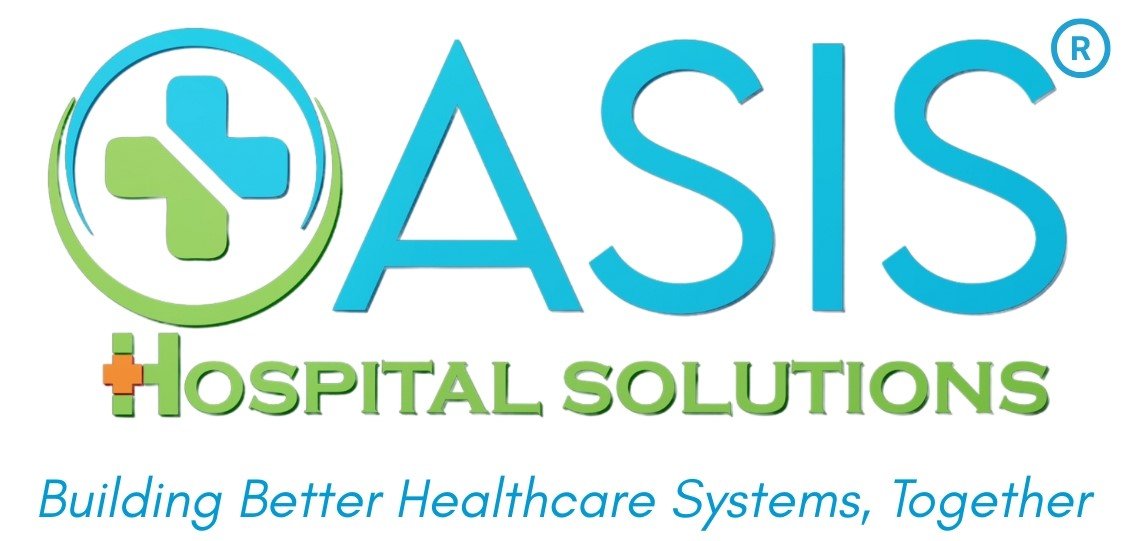Understanding Mediclaim Reimbursement Claims
Healthcare expenses can be a financial burden, but the reimbursement claims process offers a lifeline. To begin, understanding the intricacies of reimbursement claims is crucial. Reimbursement claims involve seeking compensation from your insurance provider for medical expenses paid out of pocket.
Initiative is Yours
In the realm of health insurance, the onus often falls on the policyholder to initiate the reimbursement process. This self-driven approach empowers individuals to take charge of their claims, ensuring a smoother journey through the reimbursement maze.
Arranging Necessary Documentation
One of the pivotal steps in the reimbursement claims process is meticulous documentation. Gather all pertinent medical bills, prescriptions, and invoices. Presenting a comprehensive set of documents is akin to laying a solid foundation for a successful claim.
Intense Scrutiny
Submitting a reimbursement claim isn’t merely a paperwork formality. Insurers subject claims to intense scrutiny to validate the authenticity of the expenses. Honesty and accuracy in documentation become paramount to prevent potential claim rejections.
Time-Consuming Process
Patience is a virtue when navigating the reimbursement labyrinth. The process can be time-consuming as insurers meticulously review each claim. However, understanding the intricacies can help manage expectations and mitigate frustration.
Factors You Should Consider Before Opting for Reimbursement Claim
Before embarking on the reimbursement journey, evaluate the factors influencing the decision. Consider factors like the extent of coverage, waiting periods, and the financial implications of choosing reimbursement over cashless claims.
When do I Need to Inform the Insurer about Reimbursement Claims?
Prompt communication with your insurer is pivotal. Notify them at the earliest about your intent to file a reimbursement claim. Timely communication enhances the chances of a seamless process.
Points to Bear in Mind While Filing a Claim
Precision is key when filing a claim. Ensure all information is accurate and complete. Inaccuracies or omissions may lead to unnecessary delays or, worse, claim rejection.
How to Deal with a Health Insurance Claim Rejection
Claim rejections are not uncommon, but they need not be the end of the road. Understand the grounds for rejection, rectify the issues, and resubmit the claim promptly.
What if You Do Not Get a Reply from Your Insurance Company?
Communication breakdowns can happen. If you do not receive a response within a reasonable timeframe, initiate contact with your insurance provider. Persistence is often the key to resolution.
How to Track the Status of Your Claim?
In the digital age, tracking your reimbursement claim is easier than ever. Leverage online portals or customer service channels to stay informed about the status of your claim.
How to Claim Reimbursement for Pre and Post-Hospitalization Expenses?
Ensure that your reimbursement claim covers not only hospitalization expenses but also pre and post-hospitalization costs. Comprehensive coverage ensures you get the maximum benefit from your policy.
Claiming Health Insurance from Multiple Insurers
For those with coverage from multiple insurers, navigating the reimbursement process requires a strategic approach. Understand the coordination of benefits and communicate effectively with all involved parties.
Points to Remember When Dealing with Mediclaim Reimbursement Claims
Understanding the nuances of health insurance claims is an ongoing process. Stay informed, review policy updates, and be proactive in managing your claims. Diligence pays off in the realm of healthcare reimbursement.
How to Initiate a Reimbursement Claim?
If you prefer a hospital that isn’t on your insurance provider’s empanelled list, opting for the Reimbursement Claim facility is the solution. Follow these key steps to successfully navigate the reimbursement process:
Step 1: Inform your insurance provider about the planned treatment and the medical facility you’ve chosen.
Step 2: Proceed with your medical treatment and cover the expenses from your own pocket.
Step 3: After settling the bills, initiate the reimbursement claim process with your insurance company.
Step 4: Compile and submit all relevant hospitalisation-related documents, including health invoices, medical bills, doctor’s prescriptions, and any other necessary information.
Step 5: The insurance company will meticulously verify the submitted documents. Your claim will be settled in accordance with your policy terms and the extent of coverage provided.



